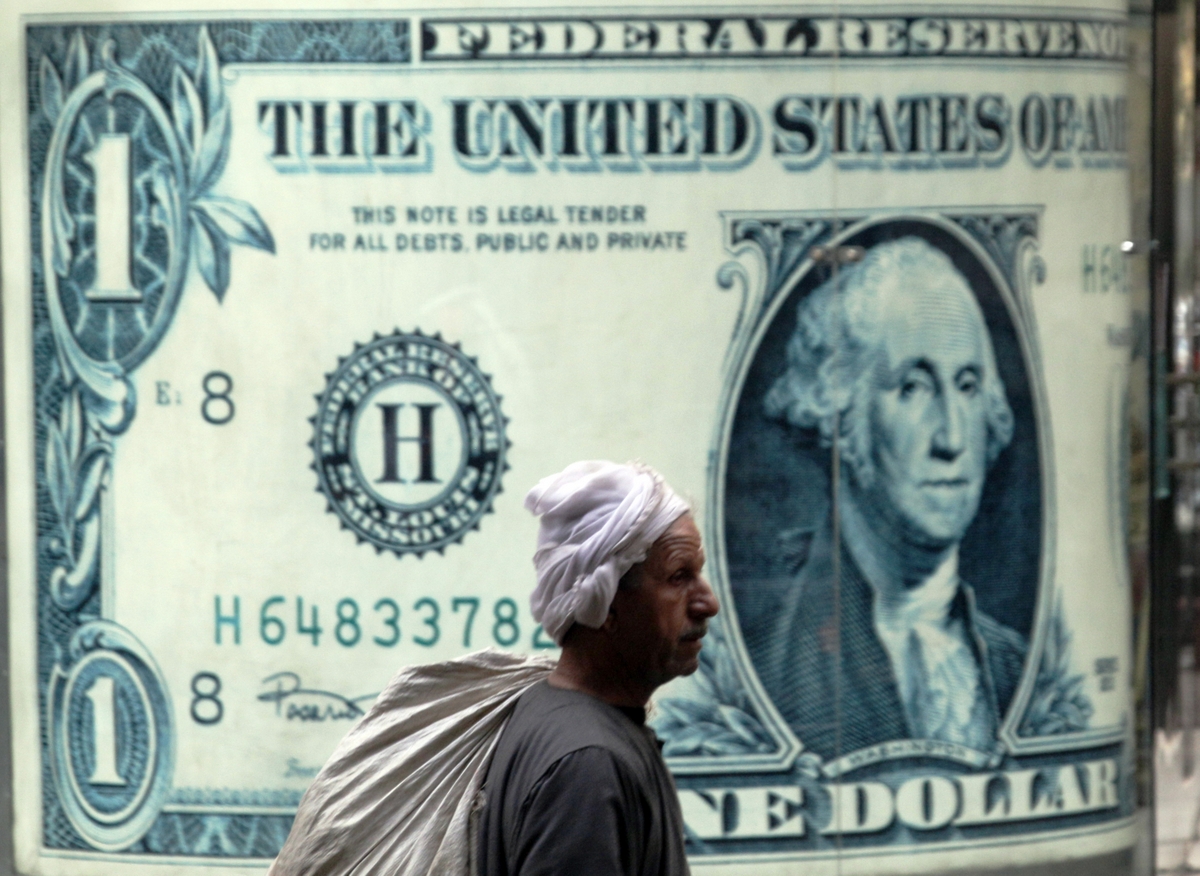
(Photo from Facebook)
By Nayera Yasser
The spot light on three girls, faces that could be seen anywhere around Egypt. They introduce themselves but not by their ages, jobs or education. They introduce themselves through stories from their everyday life, stories that remind them that they will always be a second-class citizen in a biased community.
Nazra for Feminist Studies organised one cosy album launch to give nine girls a proper channel to reach out to their fellow females, and share the common struggles women face in Egypt.
Right off Talaat Harb street and in the heart of Rawabet Theatre, young women between the ages of 15 and 32 got on stage and sang six different songs that tackle all aspects of womanhood.
“Nazra always aims at merging art with social and feminine issues, today is only a part of incorporating youth with artistic initiatives and developing projects,” said Fatma Mansour, project manager at Nazra.
Being an advocate for women’s rights, Nazra held a creative writing workshop last July in an attempt to help ladies belonging to different backgrounds express the modern reality of womanhood in Egypt.
“This album started with a writing workshop called “Arosty”, “My Doll”, which was organised by Nazra to discuss the things we hear in our community that aim to stereotype people without any rational reasons. At the beginning of the workshop we spent several days writing about this theme until we reached the decision of writing collaborative songs that we ended up recording in an album,” said Dina Ahmed, one of the participants.
The organisation, along with the participants, chose to turn their words into songs in an attempt to reach a wider public in a smooth and effective way.
“Things that are associated with music tend to reach people’s subconscious faster. Also we had Mayam, Esraa and Marina who already sing both rap and solo,” said Hagar Ramadan, one of the youngest participants, as she was only 15 at the time of the workshop.
According to Ramadan, the workshop’s main goal was to write songs and theatrical acts that dive into the subject. Therefore, the album’s release event did not only include the tracks. Between each and every song, the three performers (Mayam Mahmoud, Esraa Saleh, and Marina Samir) shared personal stories that explain the topics.
“One of the great things about this workshop is that the 8 participating girls varied in age between 15 and 32, and we all sat together to share all the things we are used to hear,” said Ahmed.

(photo from Flickr by Nazra for Feminist Studies)
The brainstorming process took an average of 19 hours for three consecutive days, during which the contributors opened up to each other and shared their most personal stories along with several incidents that they encountered.
“We not only told our stories, we also shared our friends’ stories, whether females or males. We interact with all kinds of people and we hear from them the things that bother them as well. We all had societal interests and had participated in various workshops where we heard from men about their struggles,” said Ahmed.
“Bent El-Masarwa”, which can be translated as “Daughter of the Egyptians”, is a six-song album that discusses everything from the local obsession regarding virginity, traditional restrictions forced on women to give up their hobbies, harassment, and the way men usually look upon their partners.
The songs are all in Arabic, yet each one embraces different slang and set of terminologies to represent various sectors of the country, from Upper to Lower Egypt.
However, one of the songs “Anta Al Kamel” (“You are the perfect one”), represents the other side of the story. Unlike the rest of the album, this one adopts men’s point of view on the assumptions and solid stereotypes they have to face.
“Everything that women are currently facing is a mere reflection of what men face, it is an opposite reaction,” said Ramadan.
The night’s success was obvious in the audience’s size, which interacted with the performance perfectly. Even though the songs were released online only a few days prior the event, the public already knew the lyrics by heart as they sang along with the singers. Moreover, due to the large number of attendees, the three ladies had to perform for another round the same night.
“Our biggest success right now is that a large sector of people has heard the album, the main idea is the fact that we were still able to express our minds and speak out, which might solve a few issues. Nonetheless, women’s rights and harassment are both eternal problems that would need years in order to be fixed,” said Ramadan.
“Bent El Masarwa” is only a part of Nazra’s various projects which aim to spread awareness in a free-spirited way, regardless of any financial profits. The event was open to the public while the album’s CDs were distributed for free.
“The idea is to expand our community and create interaction among people who are not involved in feminism cases, whether academically or jurisdictionally, but have the tendency to know more about it once it is presented unconventionally such as through our artistic activities,” said Mansour.



